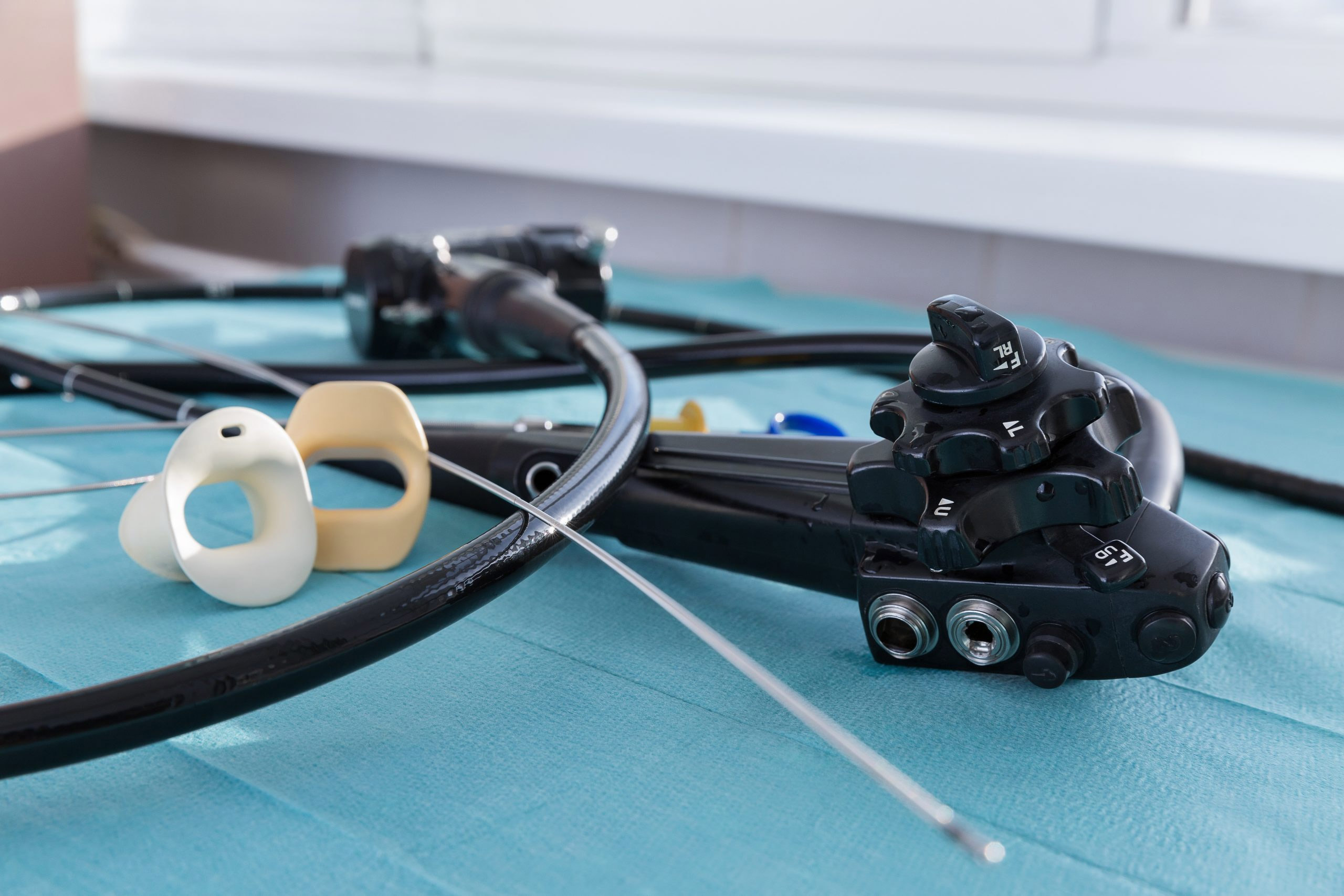
Unlike many current shortages of supply, the one involving bacillus Calmette-Guérin (BCG) predates the coronavirus pandemic.
BCG, a weakened form of bacteria, is a treatment for non-muscle invasive bladder cancer (NMIBC). It is administered intravesically through a catheter placed into the bladder. Clinical trials have found it to be more effective than chemotherapy in the treatment of bladder cancer.
Since 2017, Merck has been the sole supplier of BCG for the United States and Canada.
On a recent episode of Bladder Cancer Matters, the official podcast of the Bladder Cancer Advocacy Network, Dr. Robert Svatek, professor and chair of urology at the University of Texas Health San Antonio, discussed what options bladder cancer patients have if BCG is unavailable.
“The most important thing is to have a discussion with your urologist as a first step to see how important is it that you get BCG. Because while there are multiple different types of patients that would benefit from BCG, some need it more than others,” Svatek said. “There are certain patients where there are other options that are suitable.”
He recommended patients explore local alternatives. Just because the treatment is unavailable at one facility does not mean it cannot be found anywhere in the region.
“It’s good to know that the BCG is the same in terms of its quality, whether you get it in city A or city B,” Svatek said. “It’s all made from the same manufacturer and the delivery of BCG is not variable. It’s not going to be better for you if given by this particular facility versus another facility. That’s good.”
If a limited supply is available, urologists may safely offer a reduced dose of the drug — a technique known as “split dosing,” according to Svatek. The American Urological Association published guidelines for urologists on how to manage and how to maintain high quality of care for patients with NMIBC when a BCG shortage exists.
In certain situations, one center with enough BCG supply for its demand may transfer a portion to another in need, though Svatek said that may not always be an option.
“If I have a limited amount for my patients, it’s going to be difficult for me to transfer it out to another city,” he said. “We’re in this situation where we’re all advocating for our own patients and that’s a difficulty.”
Initial BCG treatments, known as induction treatments, are more critical than doses administered in later phases, or maintenance therapy, Svatek said. He prioritizes it for induction therapy with his own patients.
“Depending on the high-risk features that you have, I might recommend an alternative to maintenance BCG, such as intravesical chemotherapy with things such as gemcitabine, docetaxel, epirubicin, mitomycin, valrubicin,” Svatek said. “These may be used sequentially or in combination as alternative maintenance regimens. And that may be something that you would be interested in and it would be in consultation with the urologist.”


